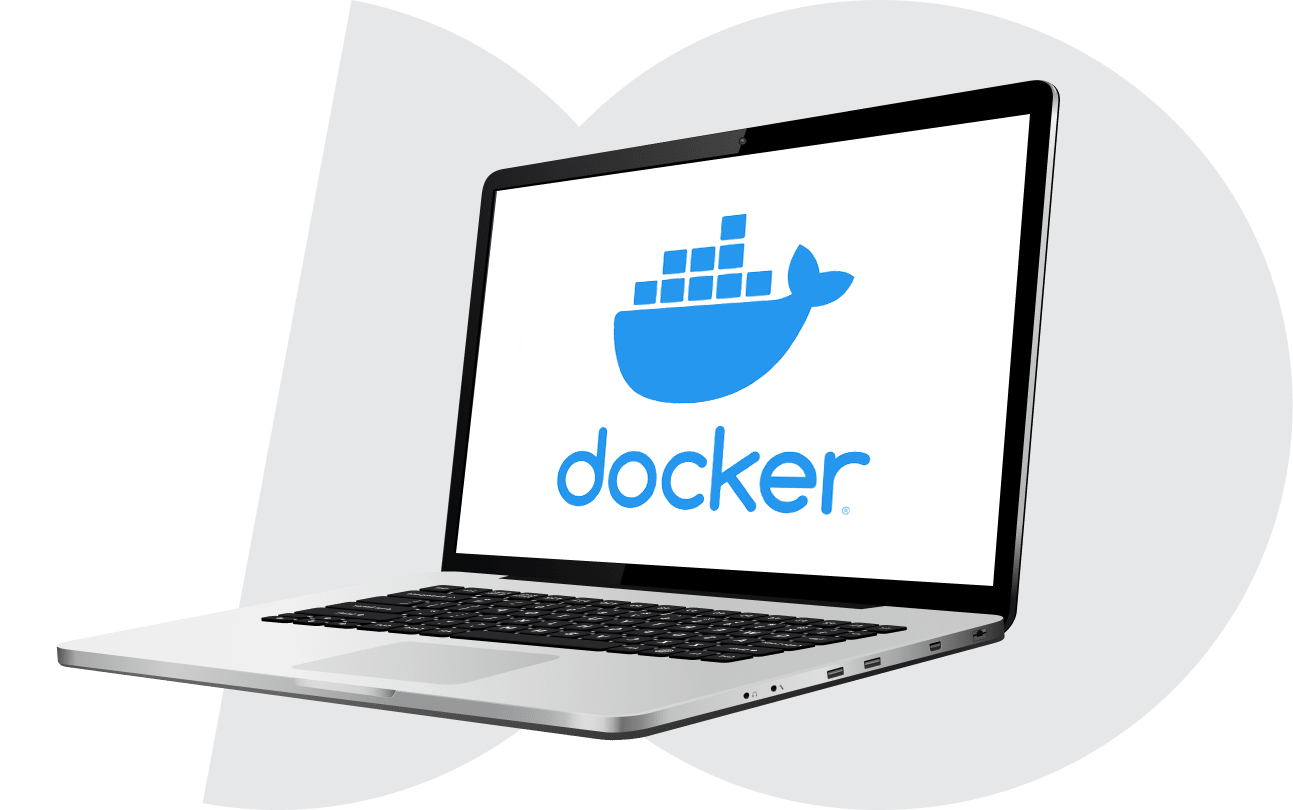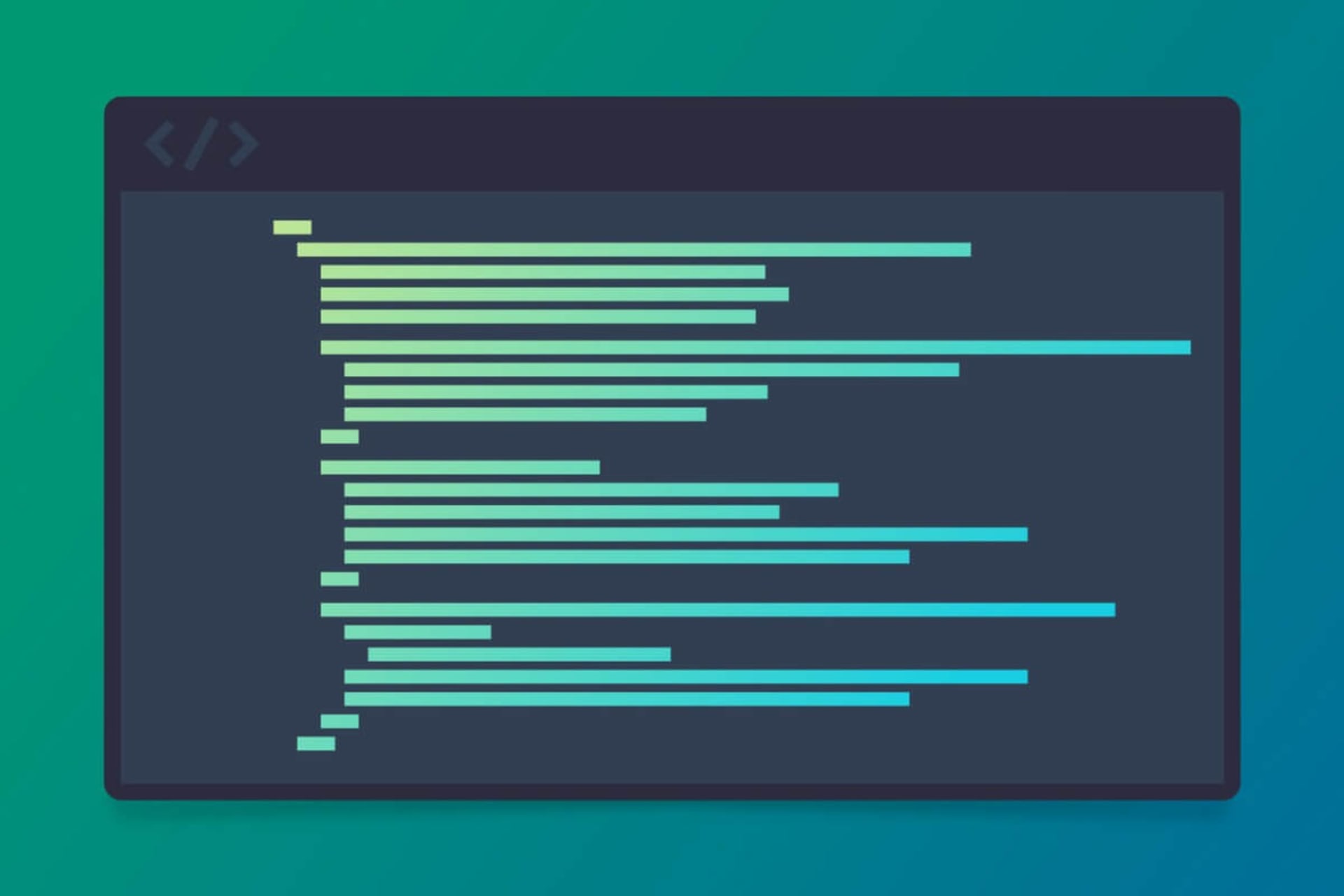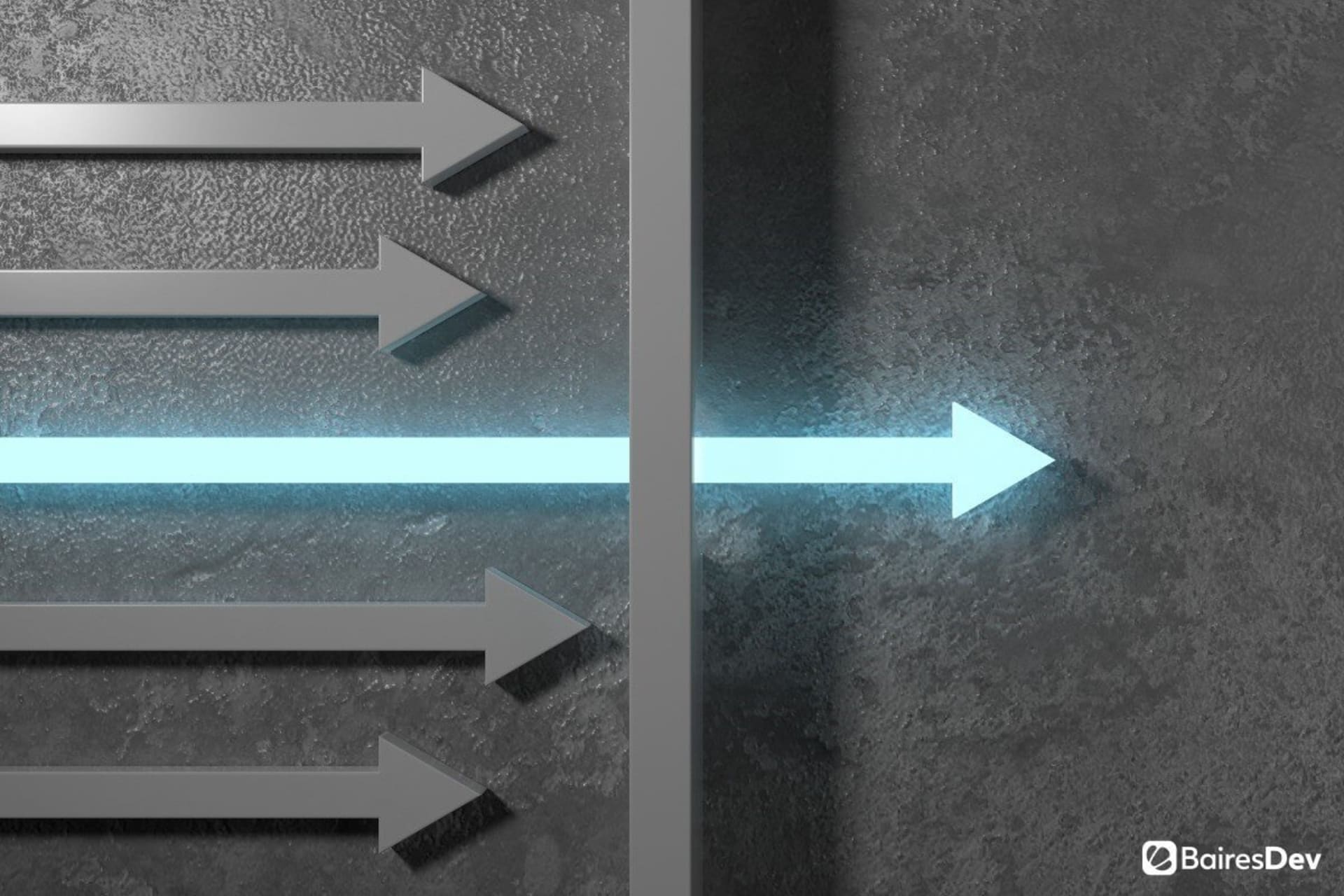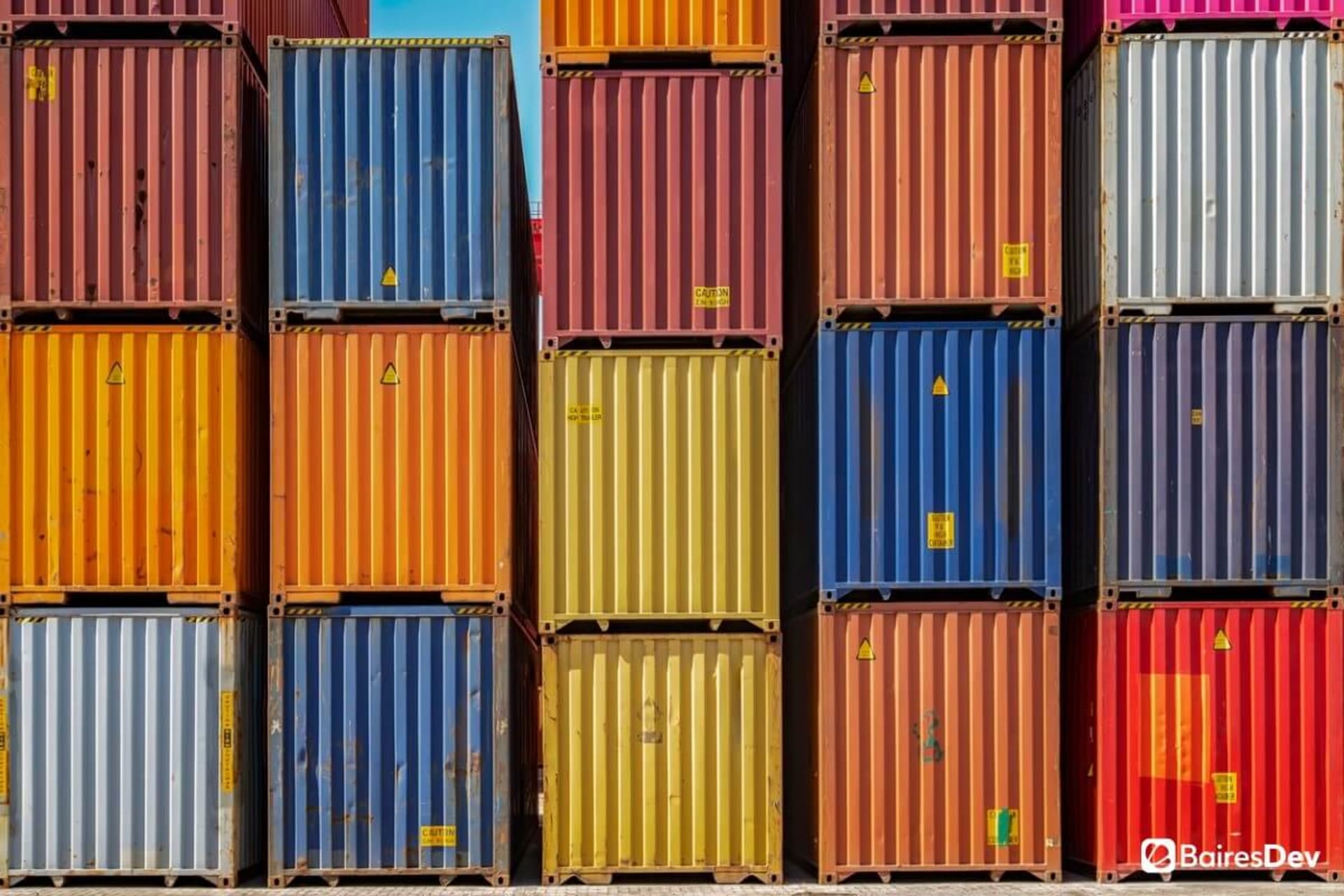- Home
- Technologies
- Docker
- Hire Docker Developers
Hire Docker Developers
Hire vetted Docker talent.
Our top 1% of tech talent has already undergone a rigorous vetting process. Get bilingual, nearshore Docker developers on your team within 2 weeks.
500+ companies rely on our top 1% tech talent.
No time to find the top talent yourself? Skip the hassle of recruitment.




The Ultimate Guide for Hiring Docker Developers
A popular platform for simplifying application deployment, Docker ensures consistency across versatile environments, improves scalability, and enhances resource efficiency. Of course, securing top-tier tech professionals is paramount for the success of your Docker projects. However, when you have numerous applicants, identifying standout Docker developers can prove difficult.
With over 1.5 million applications received annually, we pride ourselves on our ability to select the top 1% of LATAM tech experts. Drawing from our extensive experience serving over 500 companies across more than 100 industry sectors—and delivering over 1,200 projects—we understand the nuances of the hiring process.
We created this comprehensive guide to inform your hiring process. Here, you'll find recruitment criteria, essential skills, and example interview questions with sample responses to help you along the way. Confidently navigate the journey to finding Docker developers who will seamlessly integrate with your team and drive your project forward.
Before You Start Hiring
Collaborative Mindset
When hiring Docker developers, prioritize candidates with collaborative mindsets. Look for individuals who thrive in team environments, actively contribute ideas, and effectively communicate with their colleagues. A collaborative mindset is critical because it fosters teamwork, improves problem-solving, and promotes a positive work culture that, ultimately, is conducive to innovation and your project’s success.
Experience in Your Industry
Experience in your industry is another critical factor to consider when hiring Docker developers. Seek candidates who have a solid understanding of your business’ unique challenges. They should also have a good grasp of your project’s requirements and your industry’s best practices. Prior industry experience can significantly accelerate the onboarding and training process. Experience in your field enables developers to make meaningful contributions to your Docker projects from day one.
Adaptability
Look for Docker development candidates who demonstrate a willingness to learn new technologies and embrace change. They must be flexible to stay abreast of evolving project requirements as well. A Docker developer who is agile and adaptable can effectively navigate complex challenges and drive continuous improvement in dynamic environments.
Location and Timezone
Coordination is key to maintaining project momentum and meeting deadlines. Considering the location and timezone of Docker developers is essential, especially for distributed teams. Ensure that candidates’ timezones align with your team’s operational hours and communication preferences to facilitate seamless collaboration and minimize workflow disruptions.
Communication Skills
Communication skills are paramount when hiring Docker developers. This is especially true in remote or distributed teams. Look for candidates who can clearly articulate their ideas to their team members and key stakeholders. They should also be willing to actively engage in discussions and provide concise updates on project progress. Strong communication skills promote effective collaboration and streamline decision-making processes. Overall, these skills help to keep the project moving along in the right direction and prevent delays.
13 Skills Every Docker Developer Should Have
Docker is a leading containerization platform. It streamlines software development by enabling developers to package, distribute, and run applications consistently across different environments. With Docker, developers can create lightweight and portable containers that encapsulate all dependencies. This makes it easier to seamlessly deploy and scale applications. The platform's versatility and efficiency make it an essential tool for building, shipping, and running modern applications in various environments. This includes everything from local development machines to production servers and cloud platforms.
A proficient Docker developer should have a diverse skill set. This is important for effectively orchestrating containerized applications. Your Docker developer should first and foremost be adept at Docker fundamentals. This includes container creation, management, and orchestration using tools like Docker Compose and Kubernetes. They should also have expertise in Docker networking, storage management, and security practices to ensure robust and reliable containerized environments. By leveraging Docker's full suite of capabilities, developers can streamline the development lifecycle, improve deployment agility, and optimize resource utilization.
Technical Skills to Look for in Your Ideal Docker Developer
1. Container Orchestration
Container orchestration is essential for the scalability, management, and maintenance of containerized applications across multiple hosts. Docker developers should have knowledge of container orchestration tools such as Kubernetes or Docker Swarm.
2. CI/CD Pipelines
Continuous Integration and Continuous Deployment (CI/CD) pipelines are essential for automating the testing and deployment of code changes. Utilizing tools like Jenkins, GitLab, or GitHub Actions, developers can integrate these pipelines with Docker to streamline the development lifecycle.
3. Configuration Management
Tools like Ansible, Chef, or Puppet can automate the configuration and maintenance of a consistent environment for Docker containers.
4. Cloud Platforms
Many Docker deployments are cloud-based, making it essential for Docker developers to be knowledgeable about cloud services such as AWS, Azure, and Google Cloud Platform. Familiarity with services that integrate with Docker, like Amazon ECS, Azure Container Instances, and Google Kubernetes Engine, is particularly valuable.
5. Security Practices
Security is paramount in a Docker environment. Developers should understand security practices relevant to Docker and containerization, such as managing secrets, using trusted base images, and configuring network and API security.
6. Networking and Storage
Networking and storage skills are important for a Docker developer to ensure that applications are performant, compliant, and meet relevant security standards. They include knowledge of ports, routing, and load balancing.
7. Monitoring and Logging
Experience with logging and monitoring practices allows Docker developers to glean insights into application performance and health. Tools like Prometheus, Grafana, and ELK Stack help with troubleshooting and ensures that systems run reliably and efficiently.
8. Scripting and Programming
A Docker developer should be proficient in scripting and programming languages like Bash or Python. These skills facilitate the automation of container management tasks, integration with tools and systems, and customization of deployment processes.
9. System Administration
System administration skills, especially in Linux, enable Docker developers to manage and optimize the underlying systems on which containers run. These skills help them configure operating systems, ensure system security, and manage resource allocation.
Soft Skills to Look for in Your Ideal Docker Developer
10. Communication Skills
Skilled Docker developers are able to clearly and concisely express their ideas. They should be able to seamlessly communicate with both their team members and key stakeholders. However, communication goes both ways. Developers should also be able to actively listen to others' perspectives, seek clarification when needed, and facilitate constructive discussions. Sound communication skills ensure that everyone is on the same page regarding project goals and tasks.
11. Teamwork
Successful Docker developers have the ability to work harmoniously within a team setting. While Docker developers may work independently, they should also be able to positively contribute to group dynamics. This may include sharing knowledge and insights or leveraging their strengths to complement those of their colleagues. A strong sense of teamwork ultimately fosters synergy, innovation, and collective success.
12. Problem-Solving Skills
Docker developers should be adept problem solvers. They must be able to employ innovative and creative approaches to tackle complex technical challenges, which inevitably arise during the development process. Docker developers should have the analytical skills to dissect issues, identify root causes, and devise effective solutions that align with project objectives. An ability to think critically and adapt solutions to various circumstances also helps to ensure the success of Docker projects.
13. Adaptability
In the fast-paced technology sector, adaptability is essential. New tools and technologies crop up, and regulations are ever-evolving with them. Developers must be flexible and open to adjusting their approaches in response. They should also be adaptable to potentially changing project requirements and changing environments. Embracing new challenges, quickly acclimating to unfamiliar situations, and leveraging their skills to overcome obstacles can all help drive project success.
14 Questions to Identify Top Docker Developers
When interviewing Docker developers, it's important to ask questions that first assess the candidates' technical skills and knowledge. Employers will also usually conduct a coding test to further assess specific on-the-job knowledge.
The following set of questions aims to uncover not only the developer's technical knowledge but also their problem-solving abilities, teamwork, communication skills, and adaptability—all crucial traits for success in a collaborative environment.
Here are a few examples of technical interview questions:
1. How do you approach testing in Docker projects, and what tools do you use?
In Docker projects, I advocate for a comprehensive testing strategy to ensure the reliability and stability of containerized applications. Typically, my approach involves utilizing Docker Compose to orchestrate multi-container testing environments, allowing for end-to-end testing of Dockerized services.
Additionally, I use container-based testing frameworks like Selenium for automated UI testing and pytest for unit and integration testing within Docker containers. Continuous integration and continuous deployment (CI/CD) pipelines—integrated with platforms like Jenkins or GitLab CI/CD—automate the testing process, enabling me to maintain code quality and confidently deploy updates.
2. How do you manage configurations and environment variables in Dockerized applications?
In Dockerized applications, effectively managing configurations and environment variables is crucial for deployment and operation. I usually use Docker's built-in support for environment variables, allowing for the dynamic configuration of containerized services.
I also leverage container orchestration platforms like Kubernetes to manage configurations through ConfigMaps and Secrets. This ensures centralized and secure configuration management across distributed containerized environments. I use tools like Docker Config and Docker Secret to streamline configuration management within Docker Swarm clusters, promoting consistency and security across container deployments.
3. How do you ensure scalability and resource optimization in Dockerized applications?
Scalability and resource optimization are important considerations for Dockerized applications. This is especially true for applications that need to efficiently handle varying workload demands. To achieve scalability and resource optimization in Dockerized applications, I use container orchestration platforms like Kubernetes to scale container instances based on workload demands. I use features like horizontal and vertical scaling to allocate resources.
I also use container resource limits and resource allocation techniques to optimize resource utilization and prevent resource contention. Continuous monitoring and performance tuning help me ensure the scalability and efficiency of Dockerized applications as well. This way, I can be confident that the Dockerized applications I build meet evolving performance requirements while minimizing infrastructure costs.
4. How do you approach security in Dockerized applications, and what measures do you take to mitigate security risks?
Security is a top priority for Dockerized applications. My approach involves implementing various measures and adhering to security best practices. For example, I make sure that Docker containers run with minimal privileges to limit potential attack surfaces. I also implement container image scanning and vulnerability management tools like Clair and Docker Security Scanning. These can identify and remediate security vulnerabilities within container images. I use Docker Content Trust as well. This enforces image signing and verification, ensuring the integrity and authenticity of container images throughout the software supply chain.
Continuous security monitoring and regular security audits further strengthen the security posture of Dockerized applications. This allows developers like myself to proactively identify and address security threats well before they can impact our production environments.
5. How do you approach containerization and orchestration in Docker development projects?
Containerization and orchestration are fundamental aspects of Docker development projects. I am focused on maximizing efficiency and scalability. I leverage Docker containers to encapsulate applications and their dependencies, ensuring consistency and portability across different environments. I also utilize Docker Compose for defining Docker container applications with multiple containers and managing their interactions.
When it comes to orchestration, I rely on Docker Swarm or Kubernetes to automate the deployment, scaling, and management of containerized applications. By adopting containerization and orchestration practices, I streamline development workflows. I am also able to improve resource utilization and enhance the resilience of Docker-based applications.
6. How do you manage container lifecycle and resource utilization in Docker development projects?
Managing container lifecycle and optimizing resource utilization are critical aspects of Docker development projects. I employ Docker's lifecycle management features, such as Docker CLI commands and Dockerfile instructions, to create, start, stop, and remove containers as needed. Additionally, I use Docker Swarm or Kubernetes to automate container orchestration, ensuring efficient resource allocation and scaling based on demand.
By monitoring container metrics and analyzing resource usage patterns, I can identify opportunities for optimization. I implement strategies to improve performance and cost-effectiveness accordingly.
7. How do you approach logging and monitoring in Docker development projects?
I integrate logging solutions like Fluentd or ELK (Elasticsearch, Logstash, Kibana) to aggregate and analyze container logs. These solutions provide visibility into application behavior and allow me to diagnose issues more efficiently.
Additionally, I leverage monitoring tools like Prometheus or Grafana to collect and visualize container metrics. This way, I can be proactive in identifying any performance bottlenecks or anomalies. By implementing comprehensive logging and monitoring practices, I can ensure the timely detection and resolution of issues. Ultimately, my holistic approach enhances the reliability and observability of Docker-based applications.
8. How do you ensure compatibility and portability of Docker images across different environments?
Ensuring compatibility and portability of Docker images is essential for seamless deployment and scalability across different environments. That’s why I make sure to adhere to best practices for building Docker images. These include minimizing dependencies, avoiding OS-specific configurations, and using versioned base images.
Additionally, I use Docker Compose or Kubernetes Helm charts to define environment-specific configurations and dependencies. This allows me to ensure consistency and reproducibility in deployment. I also conduct rigorous testing in various environments, such as local development, CI/CD pipelines, and production. I do this to validate image compatibility and functionality.
9. Can you discuss your experience with Docker networking and service discovery in distributed systems?
I have extensive experience in designing and implementing scalable solutions using Docker. I utilize Docker's built-in networking features (like bridge networks and overlay networks) to facilitate communication between containers across different hosts. I also leverage service discovery mechanisms like Docker Swarm's DNS-based service discovery or Kubernetes' service abstraction. I use these tools to enable dynamic routing and load balancing. By architecting resilient and scalable network infrastructures, I can establish reliable communication and ensure the seamless operation of distributed systems in Docker-based environments.
10. Can you discuss a complex problem you encountered in a Docker development project and how you resolved it?
In a Docker development project, my team and I encountered a challenge with container networking and service discovery in a microservices architecture. Communication between the Docker containers was inefficient and prone to failures, impacting the application's performance and reliability.
To address this, I conducted a thorough analysis of the network architecture to identify bottlenecks and connectivity issues. I optimized container networking by implementing a service mesh architecture, leveraging tools like Istio and Linkerd. Additionally, I optimized DNS resolution and load balancing using Docker Swarm and Kubernetes ingress controllers. Through these efforts, my team and I successfully improved network performance, enhanced service discovery, and achieved greater resilience in the Docker-based microservices architecture.
11. Can you explain what Docker is and why you would use it over traditional virtual machine environments?
This question helps you assess whether the candidate has both theoretical and practical knowledge of Docker and its role in modern software development.
12. Describe an experience in which you successfully implemented Docker in a past project. What were the challenges and how did you overcome them?
Gauge the candidate's experience with Docker and problem-solving skills.
13. What are the benefits of using Docker in a Continuous Integration/Continuous Deployment environment?
This question helps you determine if the developer understands the role of Docker in enhancing and streamlining the CI/CD workflow.
14. How do you monitor the performance of Docker containers, and what tools do you use for this purpose?
This assesses whether the candidate has the skills to maintain high-performance and reliable containerized applications.
FAQ
What is Docker?
A platform for managing apps in containers, Docker simplifies the process of deploying and scaling applications. Docker tools ensure consistency across different environments.
What qualifications should a Docker developer have?
The right Docker developer should have a firm understanding of containerization technology, particularly Docker. They should have experience writing Dockerfiles, deploying containers, and managing images. Proficiency in using tools such as Docker Compose, Docker Swarm, and Kubernetes is essential. Expertise in using CI/CD pipelines is also useful.
How important is experience with cloud platforms in a Docker developer role?
Experience with cloud platforms is helpful for a Docker developer because platforms like AWS, Azure, and Google Cloud Platform provide integrated services that support Docker. A scalable cloud infrastructure facilitates the seamless deployment of containerized applications.
What is the typical role of a Docker developer in a development team?
A Docker developer frequently collaborates with software developers, system administrators, and IT operations to ensure smooth deployment and operations. The Docker developer is responsible for creating and managing Docker containers and ensuring their seamless integration with the development pipeline. Their tasks typically include configuring environments, automating deployments, and optimizing the security and performance of applications.
How do you assess a Docker developer’s expertise during an interview?
To assess a Docker developer's expertise during an interview, present scenarios that require the candidate to solve complex problems or optimize Docker configurations. Ask technical questions to evaluate their thought processes and practical knowledge. Dedicated Docker developers should also be able to provide a portfolio or samples of their previous work with the platform.
What are some challenges a Docker developer might face and how should they be equipped to handle them?
Some common challenges a Docker developer might face include managing data persistence across containers, ensuring container security, integrating containers with existing CI/CD pipelines, and handling network configurations. To address these challenges, a skilled developer should stay up to date with best practices for container management and be adept at utilizing Docker's toolkit.
Can I hire a Docker developer to work remotely?
Yes, you can hire a Docker developer to work remotely. Docker development is well-suited to remote work. They can leverage version control systems and remote communication or project management tools like Slack and Jira to collaborate with team members and stakeholders. Ensure that the remote software developer is comfortable with and adept at using these tools to ensure smooth workflows.
What is the difference between a Docker developer and a DevOps engineer?
A Docker developer and a DevOps engineer may have overlapping responsibilities, but their roles differ in terms of niches and specializations. A Docker developer focuses on creating, deploying, and managing Docker containers. In contrast, a DevOps engineer works with broader aspects of development (dev) and operations (ops), including containerization, CI/CD, infrastructure as code, and additional automation and integration processes.

- Hire Docker Developers
How Businesses Can Overcome the Software Development Shortage
BairesDev Ranked as one of the Fastest-Growing Companies in the US by Inc. 5000










